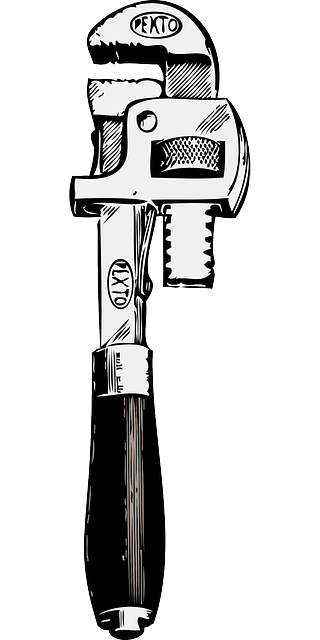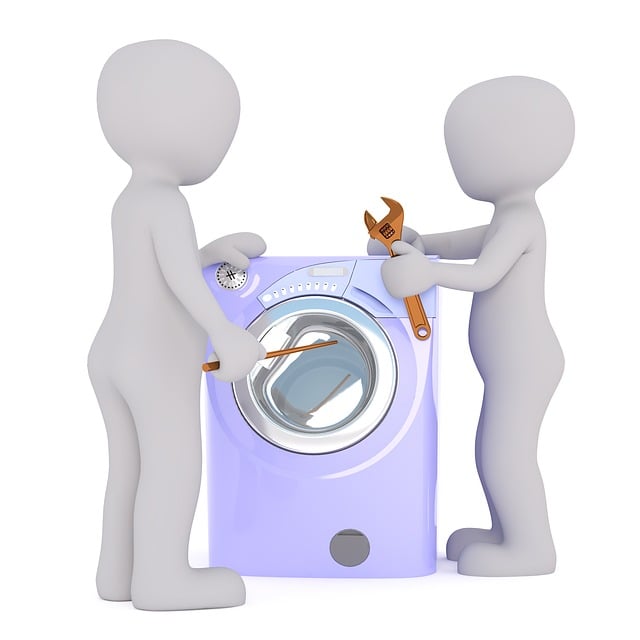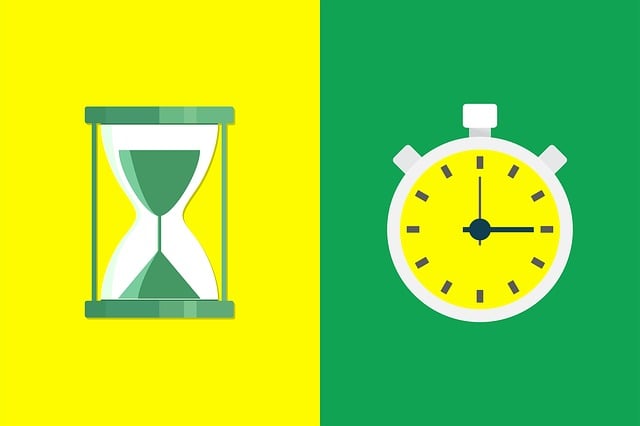Flooding poses significant risks to plumbing systems, causing damage, disruptions, and potential health hazards. Professional plumbers are essential during such times, offering expertise in assessing vulnerabilities, mitigating risks, restoring functionality, and preventing further damage. They use advanced tools like high-pressure water jets and specialized pumping equipment for swift water removal. After initial emergency response, property owners should focus on mitigating damage, turning off main water supplies, assessing structural damage, and documenting affected areas. Professional plumbers also provide restoration services, including structural assessments, ventilation, sanitization, and temporary plumbing solutions. Regular inspections and proactive measures like keeping sandbags and flood safety kits can prevent future plumbing floods.
“In the face of sudden flooding, your plumbing system faces a formidable challenge. Understanding the impact of water on pipes and appliances is crucial for prompt action. This article guides you through the process of identifying when to call upon professional plumbers, highlighting their essential skills and tools.
We’ll walk you through post-emergency assessment and mitigation steps, offering insights into restoration and preventive measures. By the end, you’ll be equipped with knowledge on how to navigate plumbing flooding issues efficiently, ensuring your home returns to safe, functional conditions with the help of expert professional plumbers.”
- Understanding Flooding's Impact on Plumbing Systems
- When to Call Professional Plumbers for Flooding Issues
- Essential Skills and Tools of Emergency Plumbers
- Assessing and Mitigating Damage: Steps After Initial Response
- Restoration Process: Returning Your Home to Safe, Functional Conditions
- Preventive Measures: Fortifying Against Future Plumbing Flooding
Understanding Flooding's Impact on Plumbing Systems
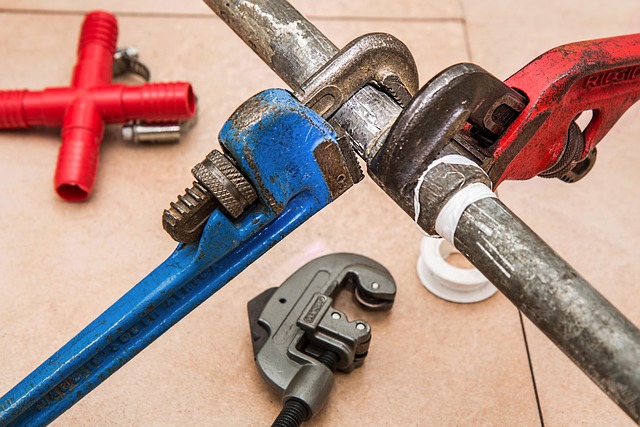
Flooding can have a devastating effect on plumbing systems, causing significant damage and disrupting essential services in homes and businesses. When water inundates pipes, it can lead to various issues such as pipe corrosion, rust, and even structural failure. These problems not only result in costly repairs but also pose potential health hazards by contaminating water supplies and fostering the growth of bacteria and mold.
Professional plumbers are often called upon during times of flooding to assess and mitigate these risks. Their expertise lies in understanding how to navigate through complex plumbing labyrinths to identify vulnerabilities and implement effective solutions. With specialized tools and knowledge, they can restore functionality, ensure safe water conditions, and prevent further damage, thereby playing a crucial role in recovery efforts.
When to Call Professional Plumbers for Flooding Issues

If you’re facing flooding issues in your home or commercial property, it’s crucial to act swiftly to mitigate damage and ensure safety. While initial responses might involve turning off water supplies and removing affected items, professional plumbers offer specialized expertise when dealing with extensive water damage. Call a team of professional plumbers immediately if the floodwater is deep, the source is unknown, or if there are signs of structural damage, like warped floorboards or bulging walls.
Professional plumbers possess the tools and knowledge to assess complex situations, extract standing water efficiently, and dry out affected areas thoroughly. Their services are invaluable when dealing with flooding, as they can prevent further damage, mold growth, and ensure a faster recovery process.
Essential Skills and Tools of Emergency Plumbers

Professional plumbers dealing with emergency flooding situations require a unique set of skills and tools tailored for swift and effective intervention. Among their essential tools are high-pressure water jets for quickly clearing blockages and draining excess water, as well as specialized pumping equipment to extract flooded areas. These professionals also rely on advanced detection technologies like moisture meters and thermal imaging cameras to identify hidden leaks or wet spots behind walls and under floors, enabling them to mitigate further damage.
Their skills encompass a deep understanding of emergency response protocols, allowing them to assess the scope of the flooding, implement temporary solutions like sandbags, and coordinate with other emergency services as needed. Expertise in various plumbing repair techniques is paramount, ensuring they can fix or replace pipes, valves, and fittings under challenging conditions. Professional plumbers also possess excellent problem-solving abilities, adapting their approach based on each unique flooding scenario to deliver prompt and reliable service during urgent situations.
Assessing and Mitigating Damage: Steps After Initial Response
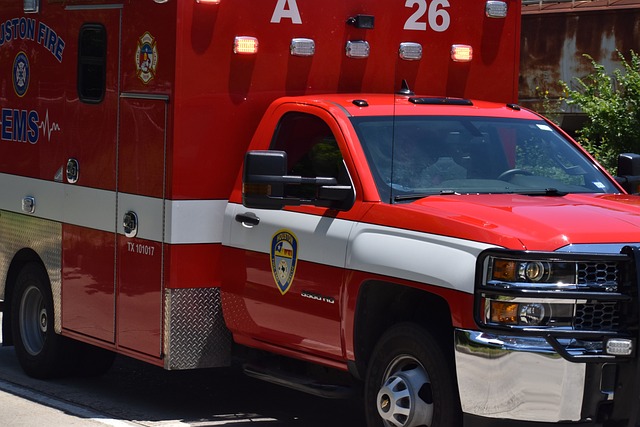
After the initial response to a flooding emergency, the next critical step is assessing and mitigating damage caused by water intrusion. Property owners should start by turning off the main water supply valve to prevent further contamination and water loss. This is best done by a professional plumber who can quickly identify and shut off the appropriate valve for your specific plumbing system.
Next, it’s crucial to assess visible damage. Check for any leaks or broken pipes that need immediate attention. Document the affected areas with photos for insurance purposes. It’s also wise to remove damaged items from the flooded area, including furniture and electrical appliances. Professional plumbers can provide expert advice on drying and decontaminating these items to prevent mold growth and further damage.
Restoration Process: Returning Your Home to Safe, Functional Conditions

After a flooding event, the restoration process is crucial in returning your home to safe and functional conditions. The first step involves assessing the extent of the damage caused by the water intrusion. Professional plumbers are essential at this stage to identify any structural issues and determine the best course of action. They can also help turn off the main water supply to prevent further contamination or damage.
Once the initial assessment is complete, the restoration process begins in earnest. This includes removing standing water, drying out affected areas, and sanitizing surfaces to eliminate any mold or bacterial growth. Professional plumbers play a vital role in these steps by using specialized equipment to extract water efficiently and ensuring proper ventilation for faster drying. They also install temporary plumbing solutions if necessary, allowing you to restore essential services like hot water and heating while the permanent repairs are being made.
Preventive Measures: Fortifying Against Future Plumbing Flooding

To mitigate future plumbing flooding, property owners should consider proactive measures. Engaging the services of professional plumbers for regular inspections can identify potential vulnerabilities before they escalate. These experts can offer advice on reinforcing pipes and fixtures against water damage, such as installing check valves to prevent backflow and ensuring drainage systems are clear and functional.
Additionally, homeowners can take simple steps like keeping a supply of sandbags for quick protection during severe weather warnings and maintaining flood safety kits with essential tools and supplies. By combining these preventive measures with swift action when flooding occurs, residents can minimize water intrusion and the subsequent damage to their plumbing systems.


